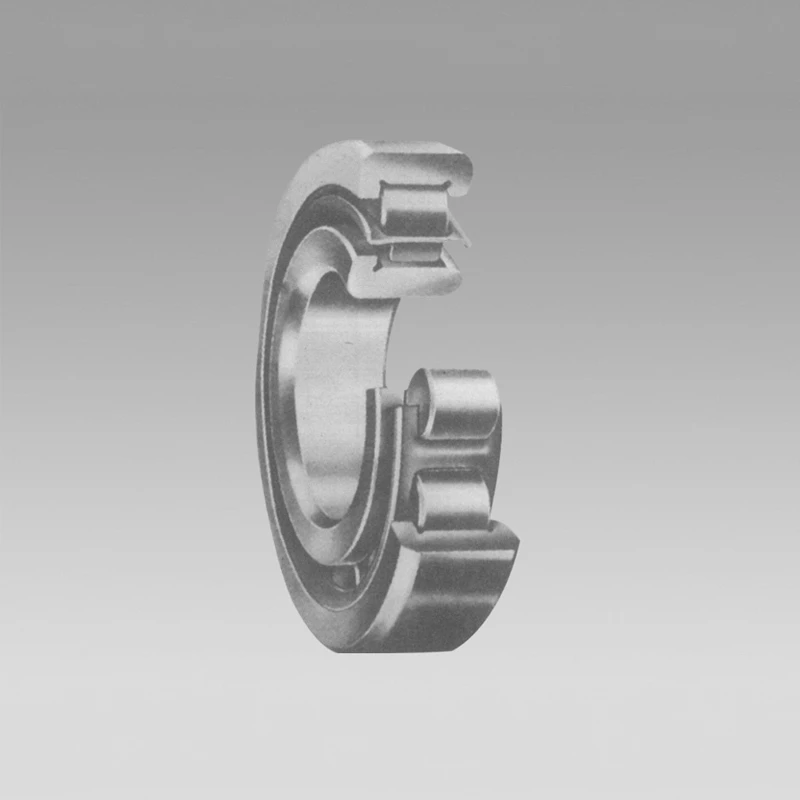
Oct . 22, 2024 14:07 Back to list
Understanding Industrial Bearings for Machine Performance and Reliability
Understanding Industrial Machine Bearings Their Importance and Applications
Industrial machine bearings are vital components in a wide array of machinery and equipment, providing crucial support for rotating and moving parts. These elements facilitate smooth motion, minimize friction, and enhance the operational efficiency of various industrial applications. In this article, we will delve into the different types of bearings, their significance in industrial settings, and the innovations shaping their future.
What are Industrial Machine Bearings?
Bearings are mechanical devices that enable controlled movement between two surfaces, typically consisting of a rotating shaft and a stationary frame. They are crucial in reducing friction that arises from relative motion, allowing components to operate smoothly and efficiently. Industrial machine bearings can be categorized into various types, including
1. Ball Bearings These are the most common type of bearings, utilizing spherical balls to maintain the separation between the bearing races. They are designed to handle both radial and thrust loads and are used in applications ranging from electric motors to conveyor systems.
2. Roller Bearings Employing cylindrical rollers instead of balls, roller bearings can support heavier loads due to their larger contact area with the raceways. They are often found in applications involving heavy machinery, such as construction equipment.
3. Magnetic Bearings These bearings use magnetic fields to support the rotating shaft, eliminating physical contact and therefore reducing wear. They are crucial in high-speed applications, such as turbomachinery, where friction would lead to significant energy loss.
4. Fluid Bearings Utilizing a thin layer of liquid to support the load, fluid bearings reduce friction and wear, making them ideal for applications like turbines and compressors.
Importance of Bearings in Industrial Applications
The role of bearings in industrial settings cannot be overstated. They have a direct impact on machine performance, efficiency, and lifespan. Some key advantages of bearings include
- Friction Reduction By minimizing the contact between moving parts, bearings significantly reduce friction, leading to lower energy consumption and heat generation
.industrial machine bearings

- Load Distribution Bearings effectively distribute loads across their surfaces, which enhances the load-carrying capacity of machinery. This capability is essential in heavy machinery where uneven distribution could lead to catastrophic equipment failure.
- Increased Reliability Quality bearings are engineered to withstand harsh operating conditions, reducing the likelihood of breakdowns and costly downtimes in industrial operations.
- Operational Efficiency Efficient bearings contribute to the overall performance of industrial machines, facilitating higher speeds and smoother operations.
Innovations and Future Trends
The field of bearing technology is continuously evolving. Innovations are being driven by the demands for greater efficiency, sustainability, and performance improvements. Key trends include
- Smart Bearings With the rise of Industry 4.0, smart bearings equipped with sensors are being developed. These sensors can monitor the condition of the bearing in real-time, providing data on vibration, temperature, and load conditions, which can lead to predictive maintenance and reduced downtime.
- Advanced Materials The development of new materials, such as ceramics and advanced polymers, is transforming bearing design. These materials often provide superior strength, durability, and resistance to corrosion and temperature extremes.
- Sustainability As industries move towards greener practices, the demand for recyclable and environmentally friendly bearing materials is on the rise. Manufacturers are focusing on reducing the ecological footprint of their products by designing bearings that last longer and require less maintenance.
- Customization With advancements in manufacturing techniques, such as 3D printing, there is a growing trend toward custom-designed bearings that meet specific application needs, allowing for optimized performance in particular environments.
Conclusion
Industrial machine bearings are an essential element in modern industrial operations. Their role in reducing friction, distributing loads, and enhancing machine performance cannot be underestimated. As the industry continues to advance, the innovations in bearing technology promise to create even more efficient, reliable, and sustainable solutions, ensuring that machinery can operate at peak performance for years to come. Understanding the types and functions of bearings is key for manufacturers seeking to improve efficiency and mitigate risks associated with machinery failures. With continued investment in research and development, the future of industrial bearings looks robust and promising.
Latest news
-
Grooved Ball Bearing Design and Functionality
NewsJun.04,2025
-
Concrete Mixer Bearing Load Capacity Testing
NewsJun.04,2025
-
6004 Bearing Dimensions in Robotic Joint Designs
NewsJun.04,2025
-
Advantages of Single-Row Deep Groove Ball Bearings
NewsJun.04,2025
-
Applications of Deep Groove Ball Bearings in Automotive Systems
NewsJun.04,2025
-
Innovations in Bearing Pressing Machine Design
NewsJun.04,2025
